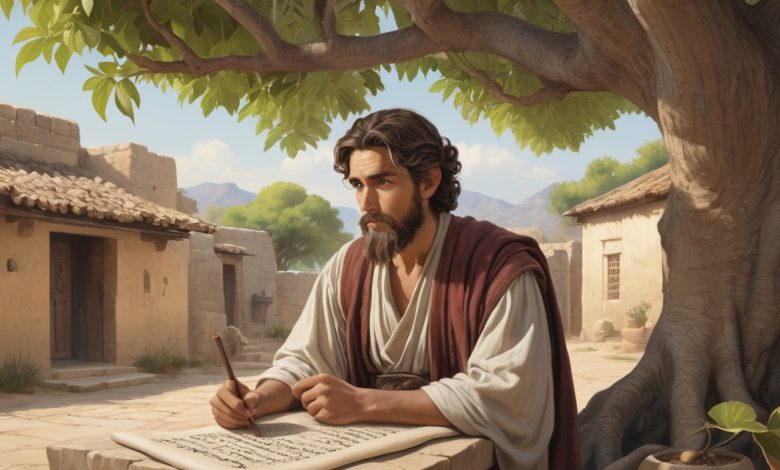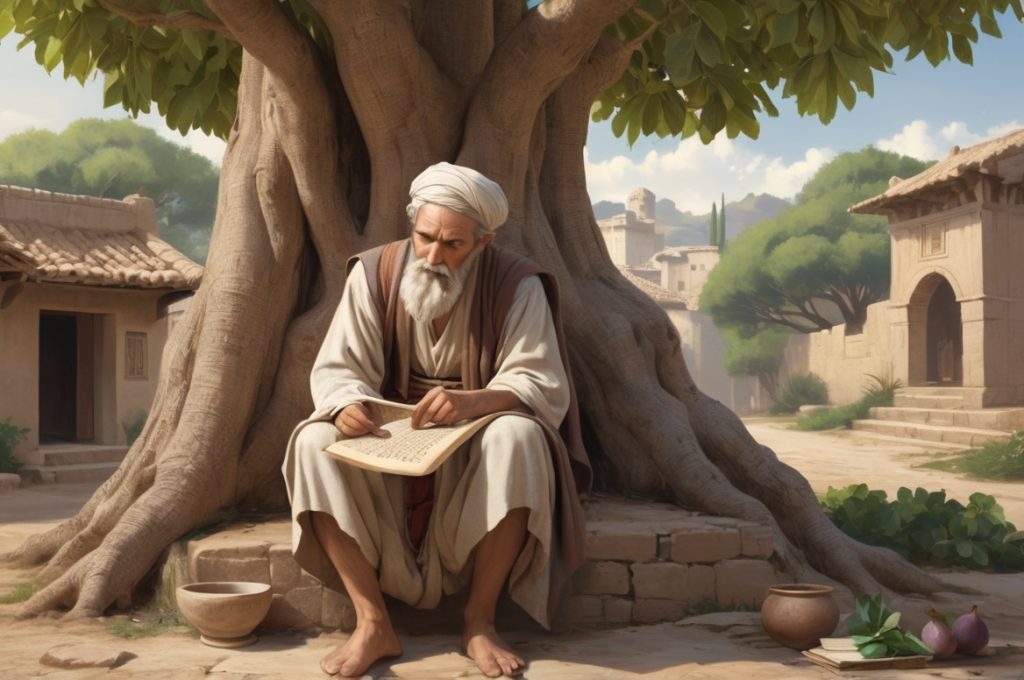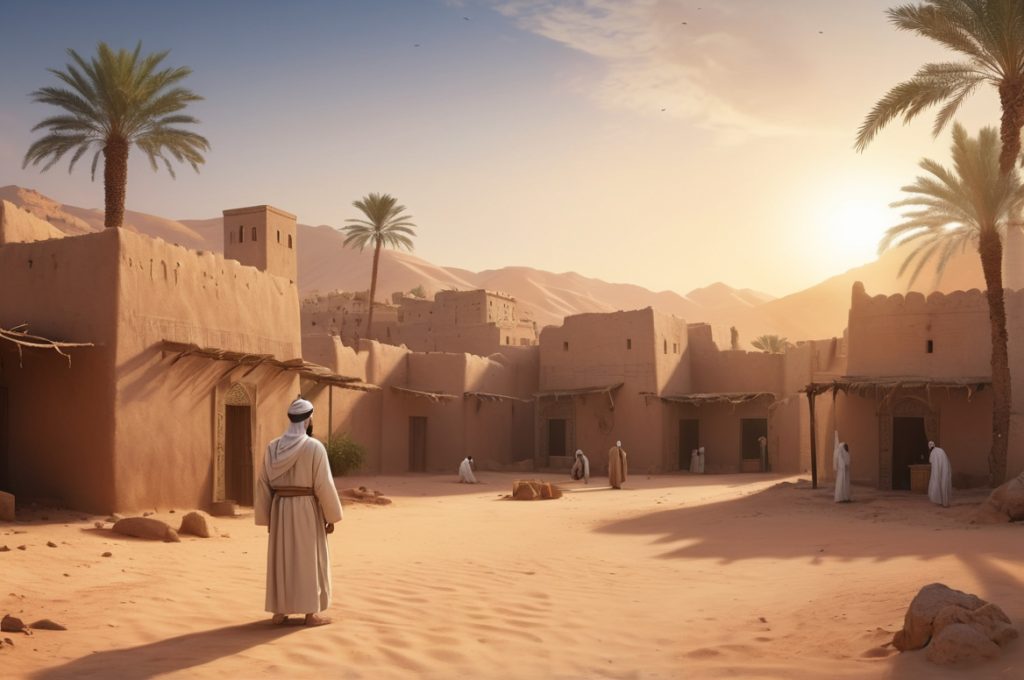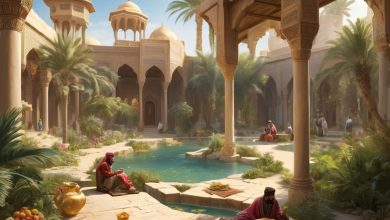Belief in Divine Decree (Qadar) – Iman bil-Qadar in Islam

Introduction
In the realm of Islamic theology, the belief in divine decree, or Iman bil-Qadar, stands as one of the six pillars of faith. It is a concept deeply rooted in the teachings of the Qur’an and Sunnah, reflecting the harmony between divine omniscience and human agency. The belief in divine decree in Islam is not only a matter of theology but also a cornerstone that shapes a Muslim’s worldview, emotional resilience, and moral responsibility. This article explores the meaning, components, and implications of Qadar in Islam, offering clarity to those seeking a deeper understanding of destiny and free will in the Islamic faith.
What is Qadar?

Qadar refers to the divine preordainment or predestination of all things. In Islamic terminology, it signifies Allah’s complete knowledge and control over everything that occurs in the universe—past, present, and future. Allah’s decree encompasses both good and evil, trials and blessings, ensuring that nothing escapes His will.
The Qur’an states:
“Indeed, all things We created with Qadar.”
(Surah Al-Qamar, 54:49)
This verse illustrates the foundational belief that everything unfolds according to Allah’s divine wisdom. While this may raise questions about human choice, Islam affirms a balanced perspective between divine will and human accountability.
The Four Components of Belief in Qadar

Understanding the belief in Qadar in Islam involves grasping its four key components, as derived from the Qur’an and Hadith:
- Knowledge (‘Ilm)
Muslims believe that Allah has absolute and eternal knowledge of everything. He knows what has happened, what is happening, and what will happen. Nothing is hidden from His sight. “That you may know that Allah has power over all things and that Allah encompasses all things in knowledge.”
(Surah At-Talaq, 65:12) - Writing (Kitabah)
Everything that will happen has been recorded by Allah in the Lawh al-Mahfuz (The Preserved Tablet). This record includes every event, action, and outcome. “Do you not know that Allah knows what is in the heavens and the earth? Indeed, that is in a Record. Indeed that, for Allah, is easy.”
(Surah Al-Hajj, 22:70) - Will (Mashi’ah)
Whatever Allah wills, happens; and whatever He does not will, does not happen. His will is supreme and unchallenged, yet it operates with wisdom and justice. “And you do not will except that Allah wills – Lord of the worlds.”
(Surah At-Takwir, 81:29) - Creation (Khalq)
Allah is the Creator of all things, including the actions of His creation. This does not negate human free will, as individuals still make choices for which they are accountable. “Allah is the Creator of all things, and He is, over all things, Disposer of affairs.”
(Surah Az-Zumar, 39:62)
Balancing Qadar and Human Responsibility

One of the most profound aspects of belief in divine decree in Islam is the delicate balance it strikes between predestination and free will. Islam does not portray humans as helpless beings driven solely by fate. Rather, it teaches that individuals are endowed with free will to choose their actions, while Allah already knows and has recorded the outcome.
The Prophet Muhammad (peace be upon him) clarified this balance when he said:
“Work, for everyone is facilitated for what he was created for.”
(Sahih Muslim)
This Hadith emphasizes that while everything is decreed, humans still bear responsibility for their intentions and actions. Accountability is a central theme in Islamic belief, underscoring the justice of Allah.
How Belief in Qadar Shapes a Muslim’s Life

The belief in divine decree in Islam has a transformative impact on a believer’s attitude and behavior. It instills several vital virtues:
- Contentment and Trust:
Believing that everything happens by Allah’s will nurtures contentment and tawakkul (trust in God). Muslims learn to accept trials and challenges with patience, knowing they are part of a divine plan. - Resilience in Adversity:
In times of hardship, the belief in Qadar provides comfort. A Muslim understands that suffering is not random but a test or a means of spiritual growth. - Gratitude and Humility:
Success and blessings are seen as part of Allah’s decree, encouraging gratitude and preventing arrogance. The believer attributes all goodness to Allah and remains humble. - Motivation and Accountability:
Although everything is decreed, Muslims are taught to strive for excellence. They believe that their choices matter and that they will be judged based on their intentions and efforts. - Forgiveness and Tolerance:
Realizing that people are tested in different ways fosters compassion and forgiveness. It softens the heart toward others’ mistakes and shortcomings.
Conclusion
Iman bil-Qadar—the belief in divine decree—is not a passive acceptance of fate but a dynamic and empowering principle in Islam. It reinforces the concept that life unfolds according to a divine plan, while also affirming human responsibility. This duality encourages Muslims to live with purpose, patience, and trust in Allah.
The belief in divine decree in Islam equips the believer with a worldview that is both spiritually grounded and emotionally resilient. It reminds us that behind every moment—whether joyous or painful—lies divine wisdom. By embracing Qadar, a Muslim learns to surrender to Allah’s will without surrendering their own will to do good.
In the words of the Prophet Muhammad (peace be upon him):
“Wondrous is the affair of the believer, for there is good for him in every matter.”
(Sahih Muslim)
Indeed, belief in Qadar is a light that guides the heart through life’s uncertainties, anchoring the soul in divine wisdom and unwavering faith.




